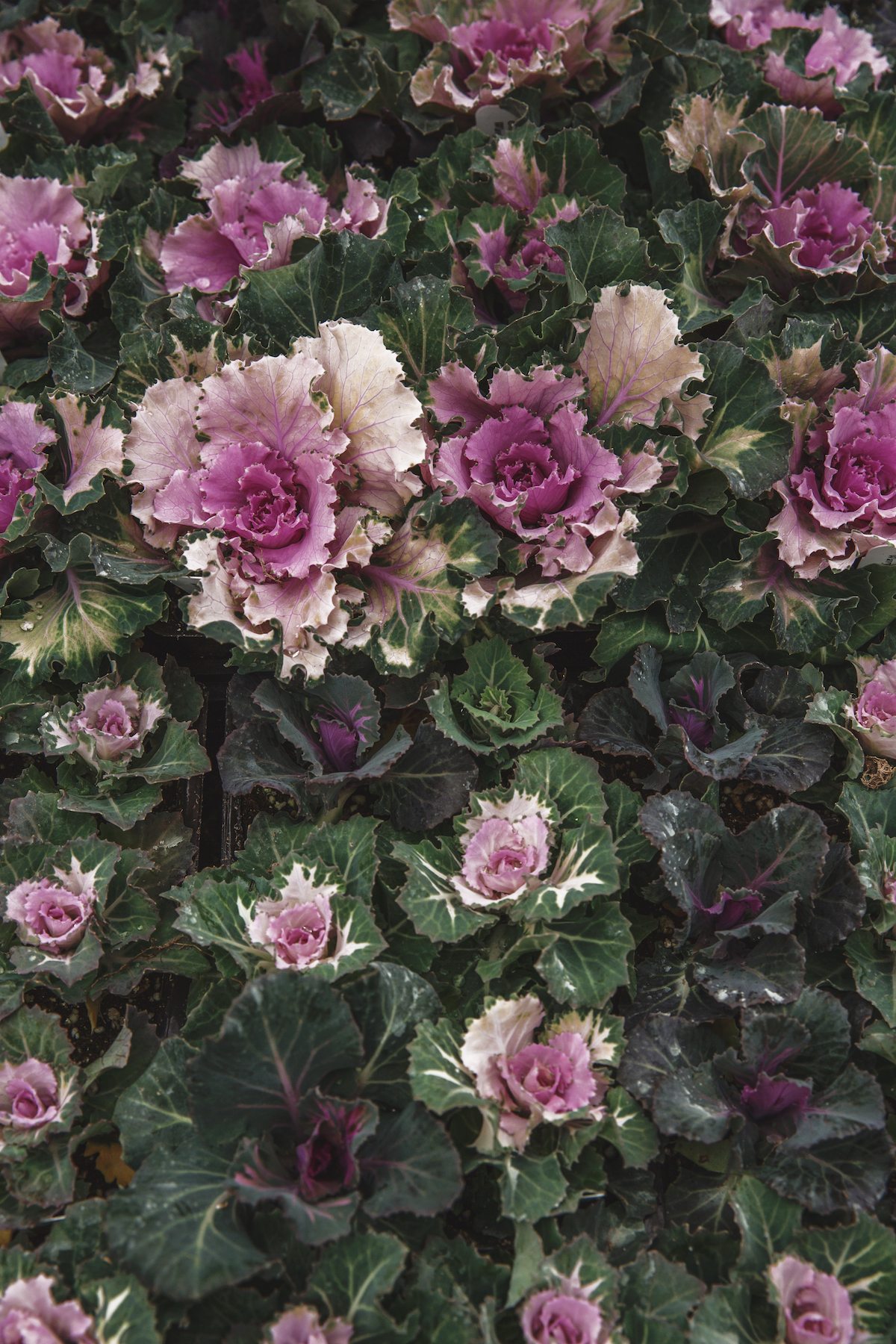You don’t need to tell us twice about the downside of stress. It seems like every day there’s a new warning or reminder to take time to counter its effects, sneaky ways the pressure to “fit it all in” is actually squeezing out “what really does matter.” Yet, we found this recent piece from our friends at Chalkboard Mag* so interesting, we had to share.
WE COULD TALK about avocado toast all day (and sometimes at TCM HQ we actually do), but the wellness topics that really get us going are ones like this from anti-aging expert Dr. Sara Gottfried:
Vagus means “wanderer.” This nerve — the longest one in your body — wanders all through your body to important organs and areas such as the brain, neck, ears, tongue, heart, lungs, stomach, intestines, liver, pancreas, gallbladder, kidney, spleen and reproductive organs in women. The vagus nerve contains motor and sensory fibers. It has wide distribution throughout the body as it passes through the neck and thorax to the abdomen. Think of it as the most important nerve in your parasympathetic nervous system.
So what happens when it’s whacked? An amped-up perception of stress causes lower vagal tone (or responsiveness), which means the vagus nerve is having performance issues and operating at a lower capacity. If the vagus nerve isn’t tended to, you won’t be healthy and you’re more likely to age faster.
High vagal tone is a marker of greater altruistic behavior and closeness to others. Lower vagal tone is linked to a variety of problems:
MIND
Stress; anxiety; weakened sense of connectivity.
BODY
Low stomach-acid secretion; poor absorption of B12; low or slow bile acid production, so it’s harder to clear fats and toxins; poor blood flow to kidneys; higher blood pressure; poor glucose control; poor heart rate variability and greater risk of heart disease; high resting heart rate; frequent urination; limited or absent capacity for orgasms.
BOTH
Poor satiety or sense of relaxation while eating; difficulty accessing mind-body connection and flow state.

7 Ways to Rehab Your Vagus Nerve
These actions may trigger your stress genes to turn off, bringing a greater sense of calmness.
One: Connect positively with others.
Two: Take a cold shower (try it, but if it stresses you out, you may have the same TH gene as me!).
Three: Schedule a reflexology (foot massage) session.
Four: Sleep on your right side.
Five: Sing!
Six: Get acupuncture, especially in the ear.
Seven: Book a craniosacral session.
Looking for more tips to calm stress? How about this guide to better sleep, these tips for aging well or simply these stunning layered smoothies.
*The Chalkboard Mag and its materials are not intended to treat, diagnose, cure or prevent any disease. All material on The Chalkboard Mag is provided for educational purposes only. Always seek the advice of your physician or another qualified healthcare provider for any questions you have regarding a medical condition, and before undertaking any diet, exercise or other health related program.
Which of these vagus care techniques are you excited to try?
Images via Champagne Cochran; Modeling by Jessica Cady











